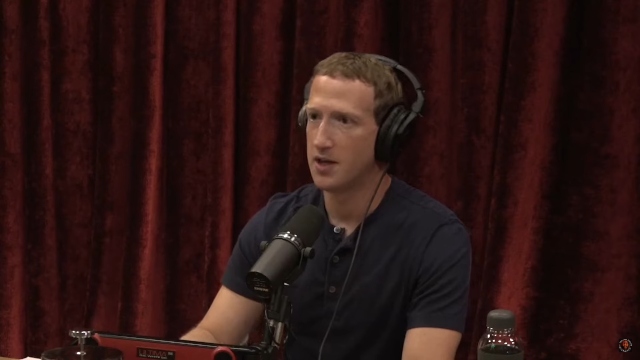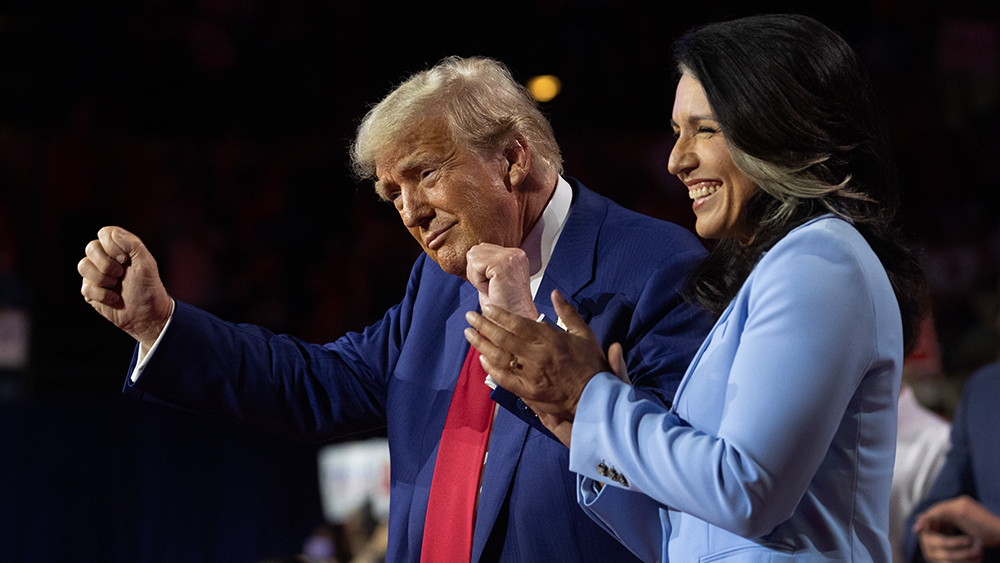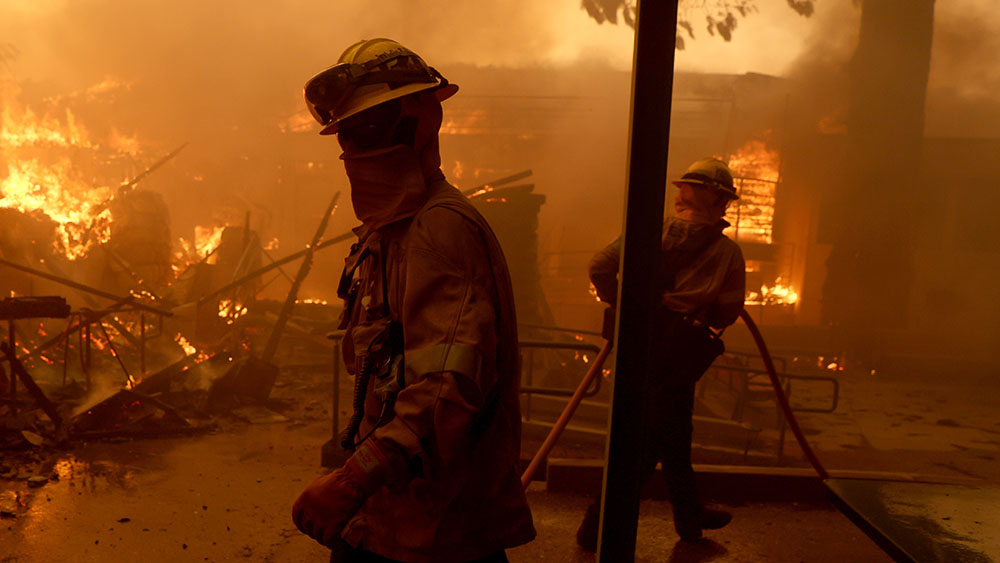 Parler
Parler Gab
Gab
- Citing internal party strife and mounting political pressure, Trudeau announced his resignation after a nine-year tenure, marking the end of his leadership amid declining popularity and challenges like inflation, housing affordability, and healthcare issues.
- President-elect Donald Trump seized on Trudeau’s resignation to advocate for Canada becoming the 51st U.S. state, arguing it would eliminate tariffs, reduce taxes and enhance North American security, though the proposal remains controversial.
- While Trump celebrated Trudeau’s departure, President Joe Biden praised Trudeau as a steadfast ally, highlighting the political divide in the U.S. and differing views on U.S.-Canada relations.
- Trudeau will remain in office until the Liberal Party selects a new leader by March 24, with polls showing the Liberals trailing the Conservatives ahead of the October 20 election, as opposition leaders criticize Trudeau’s legacy and propose alternative policies.
- Trump’s merger proposal has sparked intense debate, with many Canadians fiercely protective of their national identity, even as the political landscape in both countries undergoes significant shifts.
New chapter for Canadians
While Trump celebrated Trudeau’s resignation, U.S. President Joe Biden offered a starkly different perspective. In a statement released by the White House, Biden praised Trudeau as a “friend” and a steadfast ally. “The U.S.-Canada alliance is stronger because of him. The American and Canadian people are safer because of him. And the world is better off because of him,” Biden said. The contrast between Trump and Biden’s reactions underscores the deep political divide in the United States, even as Canada prepares for its own political transition. Polls show the Liberal Party trailing the opposition Conservatives ahead of the October 20 election, with Conservative leader Pierre Poilievre positioning himself as a champion of fiscal responsibility and economic reform. Meanwhile, New Democratic Party (NDP) leader Jagmeet Singh criticized Trudeau’s legacy while warning against Conservative policies. “Justin Trudeau has let you down, over and over,” Singh said in a statement. “Conservatives are jumping at the opportunity to take from you and give more to CEOs. If you oppose callous Conservative cuts, stand with the NDP this time.” As Canada navigates this period of political uncertainty, Trump’s calls for a U.S.-Canada merger have added a provocative twist to the conversation. While the idea of a unified North America may appeal to some, it remains a polarizing proposition, with many Canadians fiercely protective of their national identity and sovereignty. For now, the focus remains on the Liberal Party’s leadership race and the upcoming election. But as Trump prepares to take office, his vision for a merged U.S.-Canada nation ensures that the relationship between the two countries will remain a topic of intense debate in the months and years to come. Whether Trudeau’s resignation marks the beginning of a new era for Canada – or a step toward a more integrated North America – remains to be seen. One thing is certain: the political landscape on both sides of the border is shifting, and the implications will be felt far beyond Ottawa and Washington. Sources include: InfoWars.com Independent.co.uk NewsWeek.comZuckerberg’s Rogan interview exposes Big Pharma’s grip on COVID censorship
By Willow Tohi // Share
MKUltra documents declassified
By News Editors // Share
Media’s failed smear campaign against Trump cabinet nominees highlights declining influence
By Willow Tohi // Share
Denmark open to allowing Trump increased U.S. military presence in Greenland
By Arsenio Toledo // Share
Governments continue to obscure COVID-19 vaccine data amid rising concerns over excess deaths
By patricklewis // Share
Tech giant Microsoft backs EXTINCTION with its support of carbon capture programs
By ramontomeydw // Share
Germany to resume arms exports to Israel despite repeated ceasefire violations
By isabelle // Share










